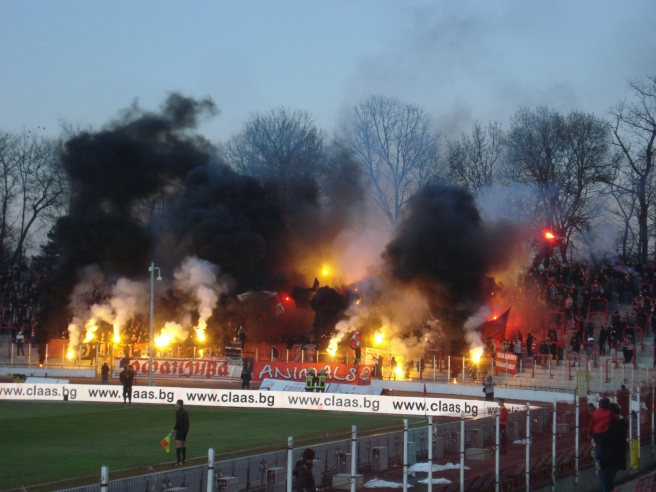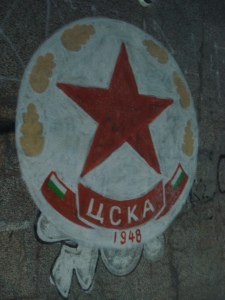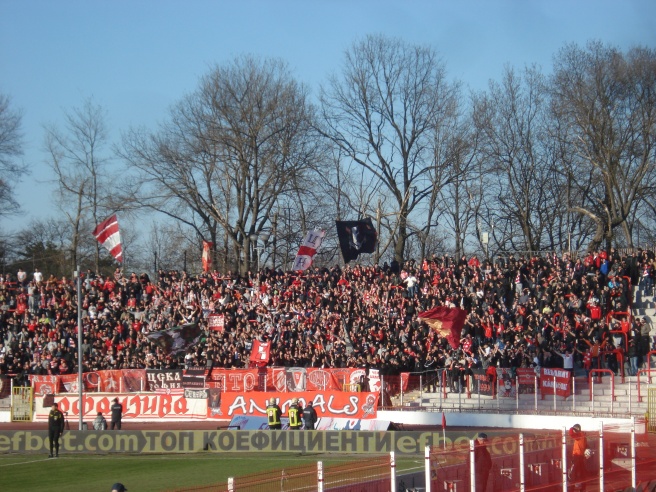The international breaks are usually moments in the Football calendar that bore the FBTG crew, partly because the fixtures are seldom particularly competitive, and partly because we’re not really patriotic folk. But the past 7 days have been interesting for a number of reasons. Sergio Ramos became the most-capped Spaniard to play for the national team EVER. Scotland emphatically got themselves back on track by firing 6 past San Marino. And another mouth-wateringly high score was overshadowed in Sofia, as members of the England Starting XI became the direct subject of racial abuse. The story of course you are already familiar with, so let’s quickly address that and then move onto some related points worth mentioning.
The jingoistic English often get sucked into believing that news stories that concern them automatically command global attention, when in reality the rest of the world actually doesn’t care too much about Love Island or Jacob Reese Mogg MP. Yet this story really has received global attention. So vicious and unadulterated was the racially-motivated harassment that Bulgarian Football fans launched at the black and mixed-raced English athletes that the referee chose to halt proceedings not once but twice during the first half in an attempt to curb the home fans’ bigoted enthusiasm; quite an unprecedented move. Being consumers of global Football fan culture, we wanted to address some points.

English Fans
They generally get bad press. That’s a surprise to no one. Their presence away in your stadium invariably obligates a heavy police attendance and the attention of impression-hungry journalists looking to peddle an easy story. Yet footage recorded inside the Levski Stadium during the game emerged on social media soon after which clearly shows a large number of English fans openly criticising their Bulgarian counterparts for their behaviour. “You Racist Bastards; You Know What You Are” can hardly claim to be the wittiest of chants, but we feel that the response of the English to the harassment warrants a nod of acknowledgement, and is to their credit.
English Players
“Their words can hurt you. But you beat them by not showing them that their words hurt you”. Mama always said it right.
This very young England team did a sterling job (cheap pun) of keeping as cool as possible, remaining focussed and acting professionally under conditions that I am sure were provocative and distressing. Their resolve on the pitch to get the job done was as resolute as their maturity was, and 6 goals against an opponent that is no pushover is testament to that fact. Immediate media appearances off the pitch conducted by the England players certainly gave us a clear and articulated insight into what they were thinking during the event, but their in-game conduct remained admirable – and an effective response to the disgusting and cowardly bullying attempts exhibited by some of the home fans.
Balkan Politics
The Balkan region is not exactly synonymous with social cohesion or ethnic harmony. We often forget that less than 30 years ago Bulgaria’s neighbours were engaged in a self-imposed orgy of ethnically-motivated destruction that has left open wounds and fingers still pointing to this very day. Yet we definitely forget that the Balkan region used to be part of the ethnically diverse Ottoman Empire, citizens of which often migrated to and  from Anatolia, the Arabian Peninsula, the Caucasus and of course the Balkan region, that has inadvertently developed a complex set of relations between groups of people who define themselves very differently while living in close proximity.
from Anatolia, the Arabian Peninsula, the Caucasus and of course the Balkan region, that has inadvertently developed a complex set of relations between groups of people who define themselves very differently while living in close proximity.
The dissolution of the Ottoman Empire in the early 20th century sparked a period of transition across this region, as new nationalisms centered around common languages and cultural identities became the midwives for many of the modern nation states that we know and love today. However, many groups of peoples who lived under Ottoman Rule failed to form their own nation states during this era, two classic examples being the Roma and the Kurds. Former Ottoman countries such as Bulgaria continue to house large populations of peoples who are not ethnically Bulgarian nor speak the Bulgarian language as a mother tongue, but who have lived in the land we now call Bulgaria for generations and have as much right to continue residing there as ethnic Bulgarians do. This has been a fertile breeding ground for racial tensions and ethnic conflict in countries such as Bulgaria, and many Bulgarians therefore sympathise heavily with right-wing political dogma.
We would like to make it clear that with this point we intend to explain, but not justify or condone, the racist attitudes displayed by Bulgarian Football fans at the fixture in question.
Economics of the Former East
We at FBTG have dedicated a lot of writing to East Germany of all places. We absolutely love the fan cultures of clubs such as SG Dynamo Dresden, 1. FC Union, FC Hansa Rostock and 1. FC Magdeburg, and for God’s sake Germany is even in the title of this blog. And a topic that we have frequently discussed is the persisting disparity in economic and quality-of-life indices between West Germany and East Germany 29 years after the reunification of Germany. In spite of measurable and quantifiable progress that residents of the former GDR have experienced in their lives since the Fall of the Wall, they still consistently earn less per hour, die sooner, learn less and claim to be less satisfied with their lives than their counterparts in the former West do in 2019.
Part of the lively nature of the fan scenes associated with Football clubs located in the former GDR (including those mentioned above) is thanks to continued higher unemployment rates in East Germany compared to West Germany today. The result of this is a lack of a negative incentive to avoid hooliganism and fanatical fan behaviour inside Football stadia; what good is a criminal record if you haven’t managed to find a job in 4 years?
This phenomenon is not unique to East Germany, but is in fact common across much of post-Communist Eastern Europe and indeed Bulgaria. A disastrous and clumsy transition from a planned economy to a free-market orientated economy in the early 90’s put the nation’s resources and wealth into the hands of a few opportunistic and cunning individuals who hired muscle to maintain a nationwide status quo in their favour. This bred a class of glamourised professional thugs that was encouraged and rewarded financially to intimidate easy targets. Thankfully Bulgaria is no longer the mafia-capitalism-state it once was, but this culture of muscle-for-hire and celebrated intimidation has migrated across into the country’s Football fan culture. And we certainly saw a comprehensive demonstration of it this week.

Some blog posts take months and months to research and write. Some simply flow from your finger tips in one single sitting. This was an example of the latter.
Enjoy your match this weekend.

This is an interesting video about “The Animals” of CSKA Sofia: https://www.youtube.com/watch?v=oDqHBixrP2Y
LikeLike
There is a very good video about CSKA’s “Animals”: https://www.youtube.com/watch?v=oDqHBixrP2Y
I’ve also added a few thoughts about the match: https://donotmentionthewar.wordpress.com/2019/10/17/bulgaria-england-euro2020/
LikeLike